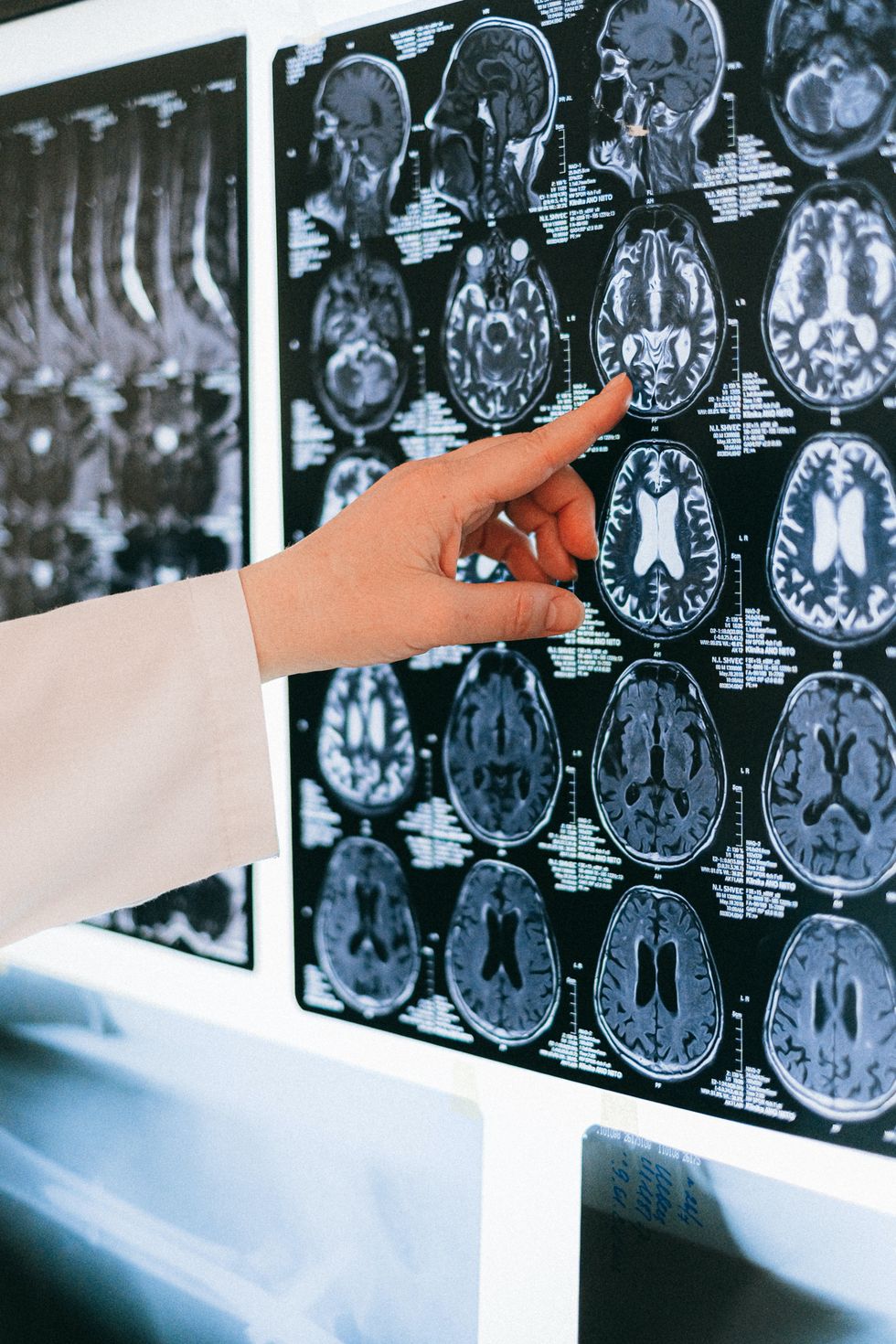Biology saves the day! Scientists discover 'strong evidence' men and women think differently in world first

Researchers have found evidence of differences between men and women within the brain
Getty Images

Researchers have found evidence of differences between men and women within the brain
Social science departments could soon be hollowed out after a new study found evidence that men and women's brains are wired differently.
The ground-breaking research is a radical departure from the popular view propagated on university campuses: that it is society rather than biology that drives divergence.
It may seem intuitive but scientists have long struggled to find hard scientific evidence that supports this hypothesis - until now.
Researchers from Stanford University used artificial intelligence to crunch the data generated from brain scans. This enabled them to locate “hotspot” areas that tell the sexes apart with 90 percent accuracy.

Researchers from Stanford University were able to locate “hotspot” areas that tell the sexes apart
PexelsWhat's more, it could lift the lid on how brain conditions affect men and women differently.
For example, autism and Parkinson's are more common in men, whereas multiple sclerosis and depression are more common in women.
"A key motivation for this study is that sex plays a crucial role in human brain development, in ageing, and in the manifestation of psychiatric and neurological disorders," said study senior author Dr Vinod Menon, professor of psychiatry and behavioural sciences at Stanford.
“Our findings suggest that differences in brain activity patterns across these key brain regions contribute to sex-specific variations in cognitive functioning.”
"Identifying consistent and replicable sex differences in the healthy adult brain is a critical step toward a deeper understanding of sex-specific vulnerabilities in psychiatric and neurological disorders," he added.
The professor hailed the "strong evidence" uncovered by his team while acknowledging that further research is needed to fully understand the implications thrown up by the study.
Furthermore, other researchers will view the findings as controversial, given the implications and the questions it raises.
Dr Gina Rippon, emeritus professor of cognitive neuroimaging at the Aston Brain Centre, and author of The Gendered Brain, has argued that society is to blame for brain differences in men and women.
Commenting on the study, she said: “The really intriguing issue is that those areas of the brain which are most reliably distinguishing the sexes are key parts of the social brain.
“The key issue is whether these differences are a product of sex-specific, biological influences, or of brain-changing gendered experiences. Or both. Are we really looking at sex differences? Or gender differences?
“Or, acknowledging that almost all brain–shaping factors are dynamically entangled products of both sex and gender influences, are we looking at what should be called sex/gender differences?”

The findings could influence the way men and women interact
GETTYHow the researchers arrived at their conclusion
For the research, the team used “explainable AI” – a type of computer learning which can crunch reams of data to explain why a pattern may be forming.
The model was shown MRI scans of working brains and told whether it was looking at a woman or man.
Over time, the neural network began to glean subtle differences between the two sexes that had been missed by humans.
When the researchers tested the model on about 1,500 brain scans, the model was able to tell if the scan came from a woman or a man more than 90 percent of the time.